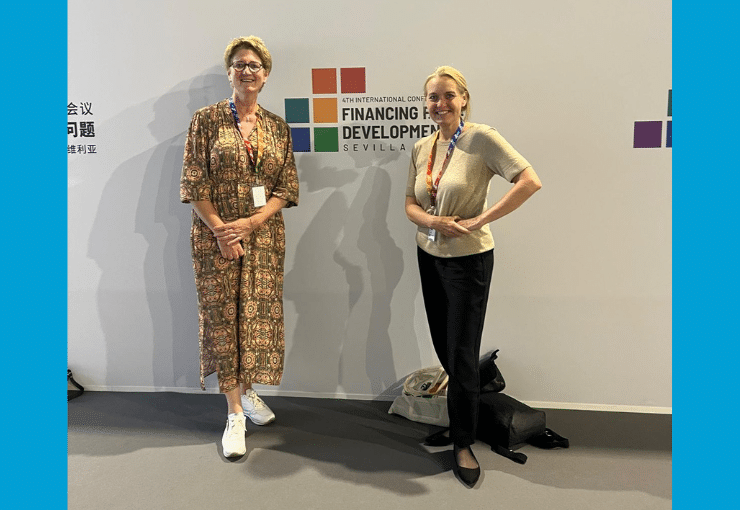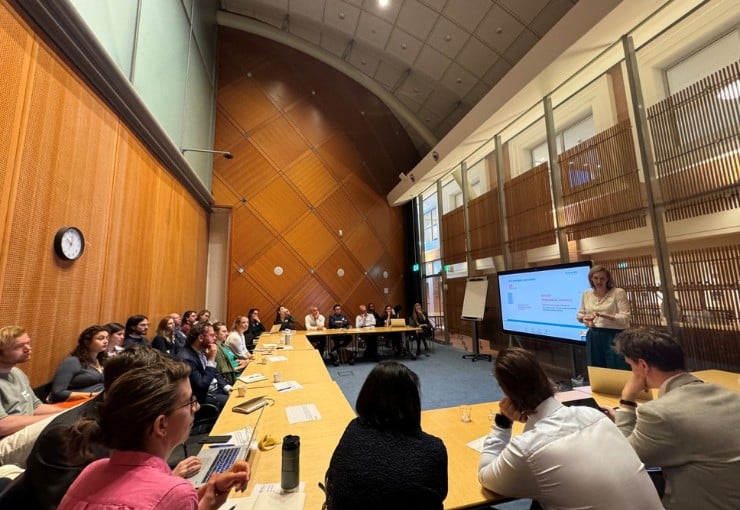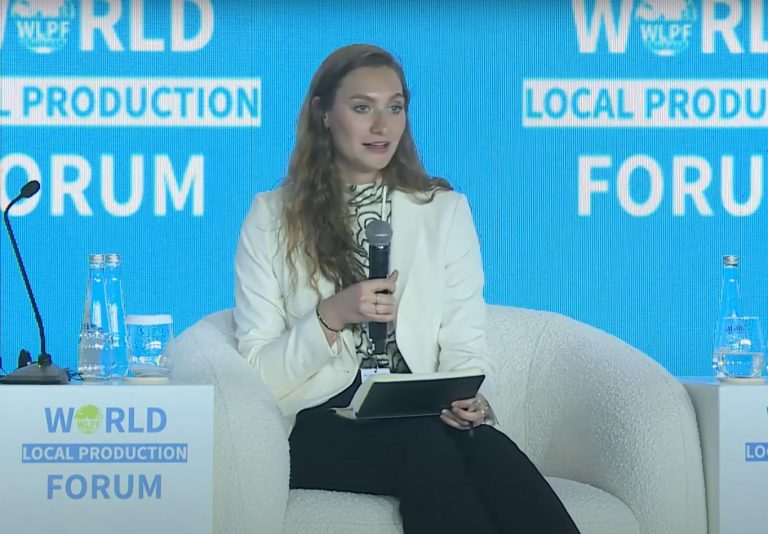Wemos is pleased with the European Union’s increased commitment to global health as reflected in the recently published European (EU) Global Health Strategy. The Covid-19 pandemic has shown the importance of action on global health and of the role of the EU as a large player in the global arena. Having been involved in the consultations on this strategy, we applaud that it acknowledges the importance of global health in EU policies. Yet, we also see critical gaps, including regarding equitable access to medical products, sustainable financing and the health workforce. We recommend the EU to address these to make the strategy a success.
The European Commission has identified these priorities in the EU Global Health Strategy:
- Deliver better health and well-being of people across the life course;
- Strengthen health systems and advance universal health coverage;
- Prevent and combat health threats, including pandemics, applying a One Health approach.
Wemos welcomes the focus on health systems strengthening, Universal Health Coverage, addressing the root causes of ill health, and the realisation of human rights including sexual and reproductive health and rights. Another promising step is the incorporation of a One Health approach, recognising the interconnectedness of human, animal, and environmental health, and the need for a ‘Health In All Policies’ (HIAP) approach.
However, there are some critical gaps in the strategy regarding equitable access to medical products, sustainable financing and its references to health workforce imbalances.
Increased focus on technology transfer and local production capacity needed to achieve equitable access to medical products
The EU Global Health Strategy correctly acknowledges the importance of medical products and countermeasures, but contains blind spots, especially regarding equitable distribution of and access to medical products. It does not address how the benefits of research & development (R&D) can be shared equitably. This omission risks perpetuating the barriers to access that were exposed during the Covid-19 pandemic such as the reliance on a small group of pharmaceutical companies because of a restrictive intellectual property (IP) regime. The strategy does mention the establishment of a “permanent global mechanism” to foster the development and equitable access to vaccines and countermeasures, but the details of this mechanism have not been revealed.
To address these shortcomings, the EU should support limiting IP rights during pandemics and stimulate and contribute to technology transfer initiatives, such as the Covid-19 Technology Access Pool (C-TAP) and the mRNA technology transfer hub. It should combine this with an emphasis on creating local production capacity in low- and middle-income countries (as part of the Team Europe initiatives referenced in the strategy), in a manner that increases the sovereignty of countries and regions to produce affordable vaccines and other pharmaceutical products to meet their own need. Additionally, the EU and its Member States should attach equitable access conditions to public funding of R&D into medical products, including provisions on transparency, affordable pricing, and sharing of IP, knowledge and technology.
Sustained investments in strong health workforce needed to address internal EU imbalances
We are delighted to see Guiding Principle 6 (Address workforce imbalances and foster skills) taking center stage in the strategy. The uneven distribution of health workers across the globe is one of several determinants of uneven access to health care and health inequalities in health outcomes globally. However, to help address workforce imbalances globally, and be coherent with the strategy’s goals, the European Union also needs to address health workforce imbalances within EU boundaries.
The EU struggles with unbalanced availability of health workers, resulting in large discrepancies in health worker densities and unmet medical needs across Member States. With increasing health worker shortages, the EU acts as a magnet on the global health labour market, attracting health workers from all over the world. Therefore, the EU should do much more to make sure that all its citizens can count on sufficient, qualified, motivated and well-equipped health workers, thereby reducing its magnetic effect on health workers from third countries. This requires sustained investments in strong and resilient health workforces in all EU Member States, based on political and fiscal solidarity. Unless the EU makes serious efforts to tackle its internal health workforce challenges, all promises made in the EU Global Health Strategy in this area will be insincere and futile.
Increased public budgets for health needed to achieve sustainable and predictable financing
The strategy highlights the need for sustainable and predictable financing to create resilient health systems and advance Universal Health Coverage. However, its emphasis on mobilising private finance is not in line with existing evidence on finance for health. The commercial nature of the private sector – expecting a return on investment – increases costs and burdens already limited healthcare budgets in low and middle-income countries. This can decrease accessibility of care for those with low incomes and is not an effective avenue for Universal Health Coverage and health equity. Health financing guidance from the World Health Organization – based on many years of cross-country research – clearly demonstrates the need for predominantly public funding sources to make progress on Universal Health Coverage.
Therefore, the strategy should focus on expanding public budgets for health and measures to support domestic resource mobilisation and broader financial reforms, such as international cooperation on global tax justice and reducing illicit financial flows. Additionally, the proposed debt swap or loan buy-down programmes should be supplemented by reforms of the international financial architecture. This includes reducing the debt burden of many low- and middle-income countries. These measures will increase domestic fiscal space for countries to invest in health systems and improve equity and Universal Health Coverage.
To increase sustainability of future financing for global health – including pandemic prevention, preparedness and response – the EU could lead the way by adopting principles of a fair-share funding and Global Public Investment in its Global Health Strategy.
Opportunity for the EU to contribute to global health
In conclusion, with the first update of the global health strategy since 2010, the EU shows renewed commitment to global health at a crucial time. The Covid-19 pandemic exposed many gaps in our global health architecture. The EU Global Health Strategy could play a role in addressing some of these challenges, and we are encouraged by its focus on a multisectoral and one health approach. However, there are some notable gaps in the strategy particularly in relation to ensuring equitable access to medical products, the risks of relying on private finance in health care, and the way to address workforce imbalances. If the commission can address these gaps, the strategy could be a useful tool for the EU to fulfill its responsibility as a global actor in contributing to global health.




